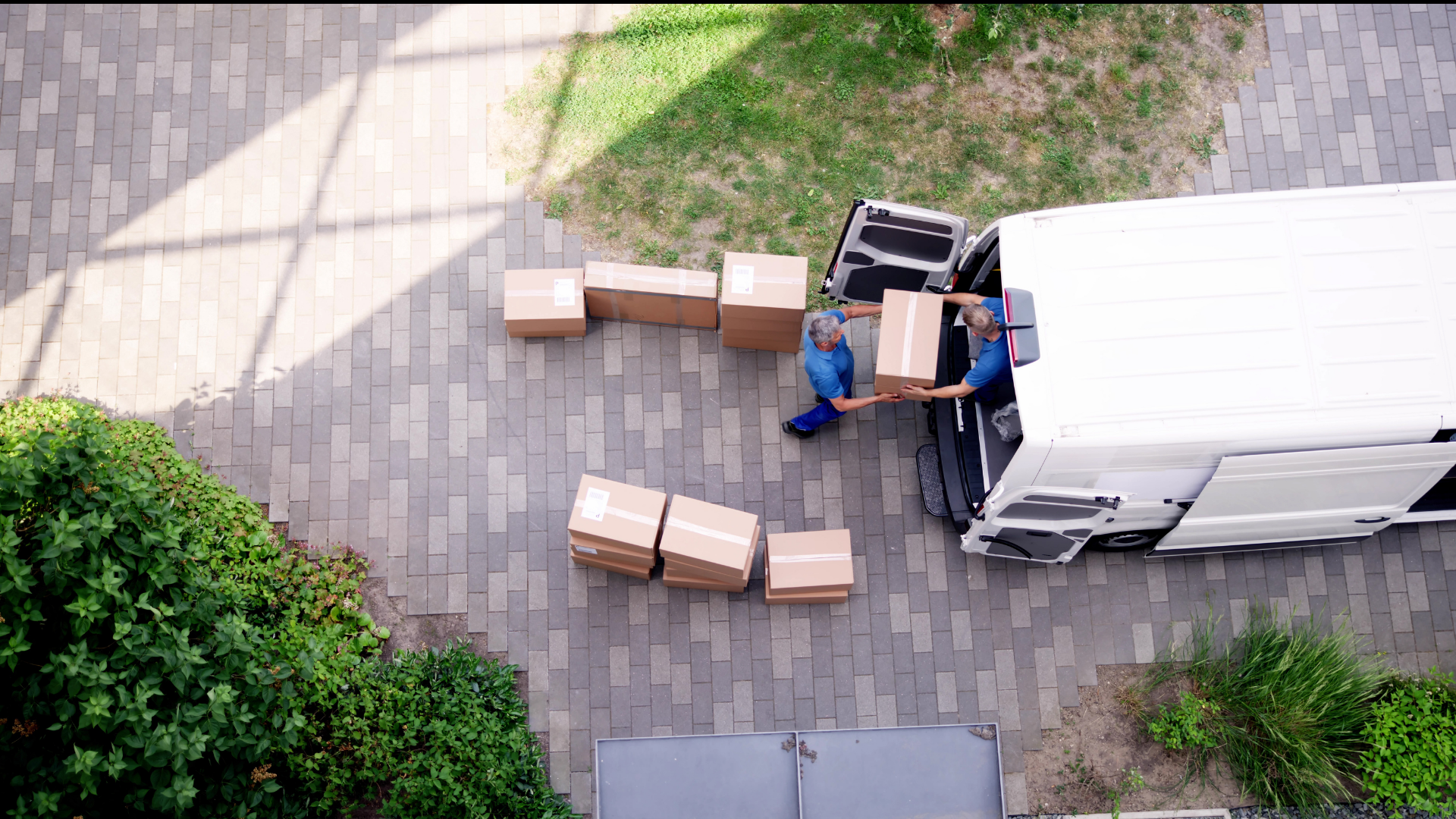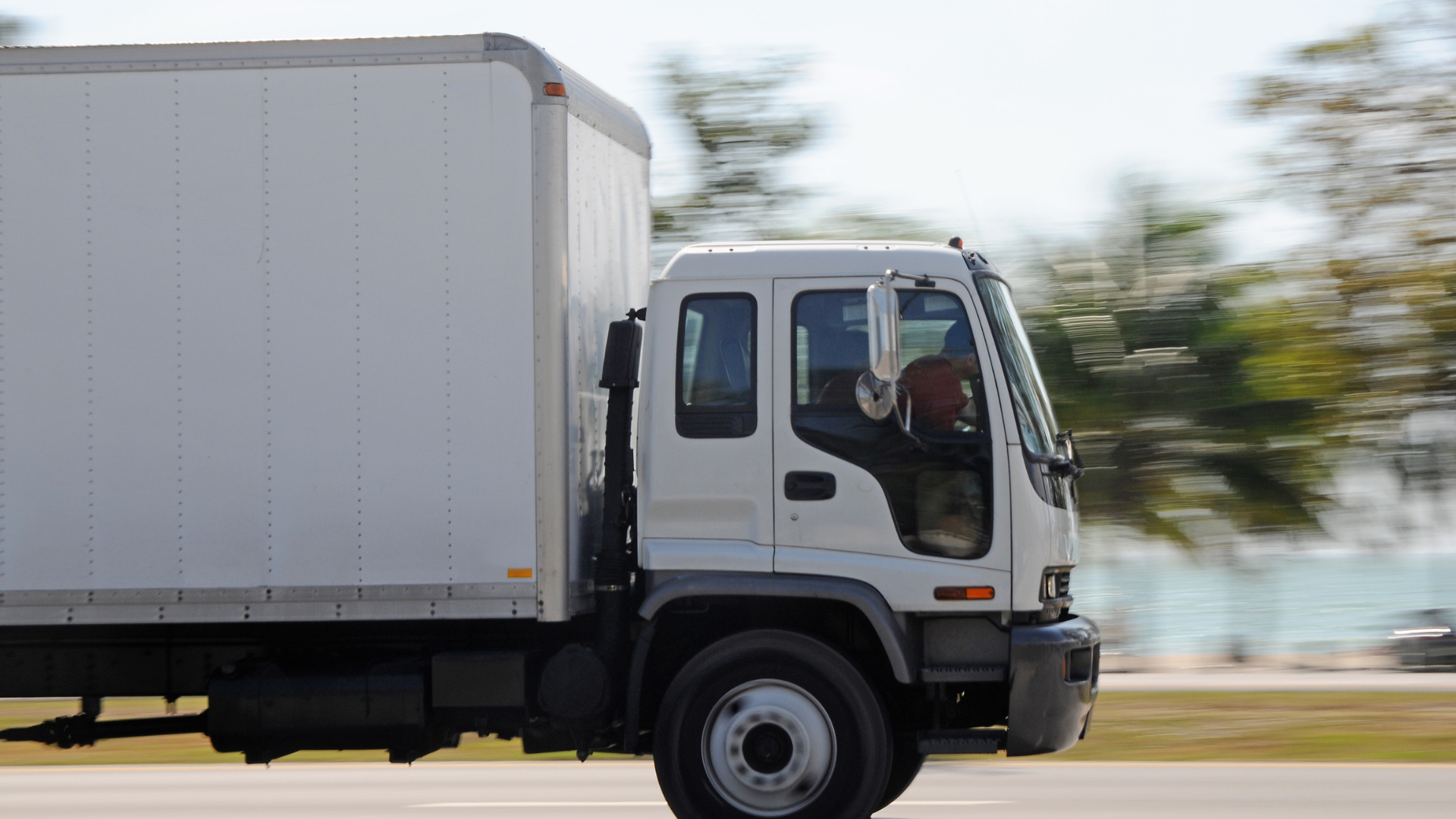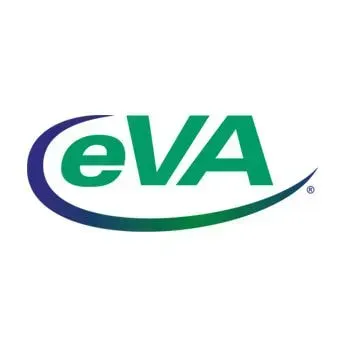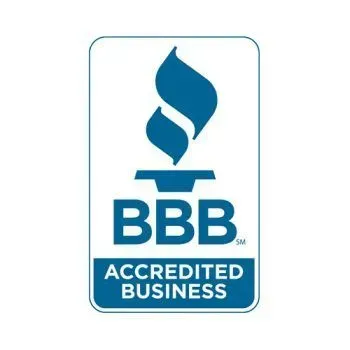Is Virginia a Good Place to Live? 15 Things to Know Before Moving

Thinking of moving to Virginia? You’re not alone. Thousands of people relocate to the Old Dominion every year, drawn by its scenic beauty, thriving job market, and rich history. But before packing your bags, you might be wondering: is Virginia a good place to live?
The answer, in short, is yes—but like anywhere, it depends on your lifestyle, priorities, and the region you choose. From the Blue Ridge Mountains to the Atlantic coast, Virginia offers a remarkable range of experiences that suit just about everyone—from young professionals and families to retirees looking for comfort and charm.
In this detailed guide, we’ll break down 15 key things you should know before moving to Virginia, so you can make the most informed decision possible.
1. Virginia Offers Incredible Natural Diversity
If you love the outdoors, you’ll feel right at home in Virginia. The state’s geography is as varied as it is beautiful.
You’ve got the Blue Ridge Mountains to the west, perfect for hiking, camping, and fall foliage drives. The Shenandoah Valley offers scenic farmland and peaceful small towns, while the Atlantic coast boasts sandy beaches, ocean breezes, and vibrant resort areas like Virginia Beach.
In between are rolling hills, quiet lakes, and charming small towns. Whether you prefer mountain trails or waterfront sunsets, Virginia lets you enjoy both without leaving the state.
2. Education Is One of Virginia’s Biggest Strengths
One of the top reasons families move here is the strong education system. Virginia’s public schools consistently rank among the best in the nation, especially in Northern Virginia suburbs like Fairfax and Loudoun counties.
The state is also home to several prestigious universities, including:
- University of Virginia (UVA) in Charlottesville
- Virginia Tech in Blacksburg
- College of William & Mary in Williamsburg
- James Madison University in Harrisonburg
Education is deeply valued in Virginia, and it shows. Whether you’re raising kids or pursuing higher learning, the opportunities are impressive.
3. The Job Market Is Diverse and Stable
When asking, “is Virginia a good place to live?”, one of the biggest factors is employment—and Virginia shines here too.
Northern Virginia is an economic powerhouse, thanks to its proximity to Washington, D.C. The area is filled with federal agencies, government contractors, tech startups, and major corporations. Companies like Amazon, Northrop Grumman, and Capital One have large operations here.
Elsewhere in the state, regions like Richmond, Norfolk, and Roanoke are experiencing growth in healthcare, manufacturing, logistics, and education. This economic diversity helps Virginia maintain a stable economy, even during national downturns.
4. The Cost of Living Varies by Region
Virginia’s cost of living can range from high to affordable depending on where you settle.
- Northern Virginia (Arlington, Alexandria, Fairfax) is the most expensive area due to its proximity to D.C. Expect higher home prices, rent, and daily expenses.
- Central Virginia, including Richmond, offers a balance of affordability and amenities.
- Southwest Virginia and smaller towns tend to be much more budget-friendly, with lower home costs and property taxes.
The good news is that you can find a comfortable lifestyle at nearly any income level—just choose your region wisely.
5. You’ll Experience All Four Seasons
Virginia offers the full range of seasonal beauty.
- Spring: Bursting with flowers and mild temperatures—ideal for exploring gardens or hiking.
- Summer: Warm and humid, great for beach trips and outdoor festivals.
- Fall: Famous for stunning foliage along the Blue Ridge Parkway.
- Winter: Mild in most areas, though mountain regions may see snow.
This four-season climate means you can enjoy different activities year-round—from skiing in the west to surfing on the coast.
6. Traffic Can Be Tough in Certain Areas
If there’s one consistent complaint among Virginians, it’s traffic—especially in the northern part of the state. Commuting around D.C. can be slow, particularly on I-95 and I-66 during rush hours.
That said, many residents work remotely or find creative ways to avoid peak times. Smaller cities like Roanoke, Lynchburg, and Williamsburg, on the other hand, offer easy commutes and far less congestion.
If a short drive to work is a priority, consider your commute carefully before choosing your home.
7. Virginia’s Rich History Is Everywhere
Virginia is a dream come true for history buffs. It’s where English colonists first settled in Jamestown in 1607, and it played a key role in both the Revolutionary and Civil Wars.
Today, you can explore well-preserved landmarks such as Colonial Williamsburg, Mount Vernon, and Monticello. Historical towns like Fredericksburg and Appomattox offer a sense of connection to America’s past that few states can match.
Living here feels like stepping into a living history book—without giving up the conveniences of modern life.
8. Outdoor Recreation Is a Big Part of Life
With its diverse geography, Virginia is perfect for those who love outdoor adventures. You can hike the Appalachian Trail, fish in mountain lakes, kayak the James River, or camp in Shenandoah National Park.
The state also has more than 40 state parks, dozens of scenic bike trails, and an abundance of outdoor events year-round. Whether you enjoy skiing, sailing, or simply walking your dog through a nature preserve, Virginia makes it easy to stay active.
9. The Food Scene Is Better Than You’d Expect
Virginia’s culinary scene might surprise you. Local chefs and foodies have elevated traditional Southern cooking into something special. You’ll find:
- Fresh seafood from the Chesapeake Bay
- Famous Virginia ham and barbecue
- Locally grown produce and farm-to-table dining
- A booming craft beer and wine industry
Areas like Richmond, Charlottesville, and Norfolk have vibrant restaurant cultures that rival much larger cities.
10. Strong Sense of Community and Belonging
Despite being a large and varied state, Virginia retains a small-town sense of community. People tend to be friendly, neighborly, and involved in local events.
From farmers markets to community festivals and charity runs, there’s always something that brings people together. In smaller towns especially, residents look out for one another.
If you value a sense of belonging, Virginia offers it in abundance.
11. Healthcare and Safety Are Above Average
Virginia consistently scores well for healthcare quality and safety. Cities like Richmond, Norfolk, and Fairfax have excellent hospital systems, while even smaller communities have access to well-rated clinics.
Crime rates are lower than the national average in most areas. Suburbs and rural towns are particularly safe, contributing to the state’s strong family-friendly reputation.
12. Housing Choices Fit Every Lifestyle
Whether you want a downtown apartment, a suburban home, or a farmhouse with land, you’ll find it here.
- Urban options: Condos and modern apartments in Arlington, Alexandria, and Richmond.
- Suburban living: Family neighborhoods in Chesapeake, Ashburn, and Midlothian.
- Rural charm: Quiet country homes in the Shenandoah Valley or Southwest Virginia.
Home prices depend on the region, but compared to nearby states like Maryland or D.C., Virginia often provides better value for your money.
13. Virginia’s Economy Is Balanced and Growing
Virginia’s economy is remarkably well-balanced. The blend of federal government jobs, private-sector growth, agriculture, education, and tourism makes it resilient.
The Port of Virginia is one of the busiest on the East Coast, contributing to strong trade and logistics sectors. Combined with the presence of top universities and a skilled workforce, the economic outlook remains strong year after year.
This balance means that even when one sector dips, others keep the economy stable—an important factor for long-term residents and newcomers alike.
14. Cultural Life Is Thriving
From live theater and music festivals to art galleries and museums, Virginia’s cultural offerings are diverse and lively.
- Richmond boasts a thriving arts scene with murals, performances, and creative events.
- Charlottesville hosts concerts, wine festivals, and local art fairs.
- Virginia Beach features outdoor concerts, food events, and waterfront activities.
No matter where you live, you’re rarely far from entertainment.
15. Moving to Virginia Is Easier with the Right Help
If you’ve decided that Virginia sounds like home, the next step is making the move. That’s where working with reliable movers in Virginia becomes essential.
Choosing a trusted local moving company can save you time, stress, and headaches. Quality Moving Services, for example, is known for helping new residents relocate efficiently across the state. With years of experience and a reputation for care, they understand the unique logistics of moving within Virginia’s cities and countryside.
A smooth, organized move helps you start your new chapter on the right foot—without the stress that can come with relocation.
| Pros of Living in Virginia | Cons of Living in Virginia |
|---|---|
| Diverse landscapes — mountains, beaches, and charming towns | High cost of living in areas like Northern Virginia |
| Strong job market near Washington, D.C. and Richmond | Heavy traffic congestion, especially on I-95 and around D.C. |
| Excellent public schools and universities | Humid summers and high pollen counts for allergy sufferers |
| Low overall crime rate and strong sense of community | Housing affordability challenges in metro regions |
| Rich history and access to cultural landmarks | Property taxes and insurance costs can add up |
| Four distinct seasons with scenic fall foliage | Winters can be gray and wet rather than snowy |
| Proximity to top-rated healthcare systems | Aggressive driving and long commute times |
| Outdoor recreation — hiking, camping, and beaches | Political and regional divides between urban and rural areas |
Despite a few drawbacks, most residents agree that Virginia’s benefits far outweigh the negatives.
FAQs About Living in Virginia
Is Virginia affordable?
It depends on where you live. Northern Virginia is expensive due to proximity to D.C., but areas like Richmond, Roanoke, and the Shenandoah Valley offer a much lower cost of living with plenty of amenities.
Is Virginia a safe place to live?
Yes. Virginia’s overall crime rate is below the national average. Suburban and rural communities are especially safe, making the state a popular choice for families.
What is the weather like in Virginia?
Virginia experiences all four seasons—mild winters, warm summers, colorful autumns, and vibrant springs. The coastal areas tend to be warmer and more humid, while the mountains are cooler and snowier in winter.
What are the best places to live in Virginia?
Top-rated areas include Arlington, Alexandria, Richmond, Charlottesville, and Virginia Beach. For affordability and charm, smaller towns like Harrisonburg, Roanoke, and Staunton are excellent options.
Is Virginia a good place for jobs?
Absolutely. With a strong economy supported by government, technology, education, and healthcare sectors, Virginia consistently ranks among the top states for employment stability and job growth.
Final Verdict: Is Virginia a Good Place to Live?
So, is Virginia a good place to live? The answer is absolutely yes for most people.
Virginia blends Southern charm with East Coast sophistication. Its strong economy, educational excellence, and natural beauty make it one of the most desirable states to call home. Whether you’re drawn to the culture of Richmond, the beaches of Norfolk, or the mountain towns of western Virginia, you’ll find a community that fits your lifestyle.
And when you’re ready to make the move, partner with Quality Moving Services — experienced movers in Virginia who treat your belongings (and your move) with care and professionalism. With their help, you can settle into your new Virginia home smoothly and confidently.
Citations:
U.S. Census Bureau (2024) – Confirms Virginia’s population, which you discuss in your “Economy / Growth” sections.
U.S. News & World Report (2024) – Supports your healthcare section when you say Virginia’s hospitals rank highly
Virginia REALTORS (2024) – Validates the cost-of-living / housing
Disclaimer: The content provided in this article is for general informational and educational purposes only. While we strive to keep the information accurate and up-to-date, we make no warranties—express or implied—about the completeness, reliability, or suitability of the content. Your use of any information from this blog is at your own risk. Before making decisions (especially significant ones, such as relocating), we recommend you consult professional, legal, or licensed advisors to confirm the facts as they apply to your circumstances.

















